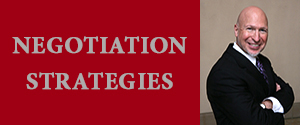

Introduction
With the Holidays fast approaching, festive dinners and family reunions are very much on our minds. The merry partying however is often accompanied by a degree of pressure, due in part, to the potentially volatile human dynamics and family interactions. With the very different personalities and vastly different opinions and beliefs, we wonder with dread, whether Uncle Jack will opine about his strong political views or if Aunt Mavis might start to pontificate about her religious dogma. These sorts of differences and dynamics mean that family gatherings can quickly become the perfect storm for clashes, conflicts and flare-ups.
However, with the danger also comes great opportunity! An opportunity, to practice and refine our skills so as to manage these potentially volatile conversations and emotionally charged situations effectively, constructively, with grace and with poise, rather than to flee from them.
Below are some strategies to help guide you.
With the Holidays fast approaching, festive dinners and family reunions are very much on our minds. The merry partying however is often accompanied by a degree of pressure, due in part, to the potentially volatile human dynamics and family interactions. With the very different personalities and vastly different opinions and beliefs, we wonder with dread, whether Uncle Jack will opine about his strong political views or if Aunt Mavis might start to pontificate about her religious dogma. These sorts of differences and dynamics mean that family gatherings can quickly become the perfect storm for clashes, conflicts and flare-ups.
However, with the danger also comes great opportunity! An opportunity, to practice and refine our skills so as to manage these potentially volatile conversations and emotionally charged situations effectively, constructively, with grace and with poise, rather than to flee from them.
Below are some strategies to help guide you.










